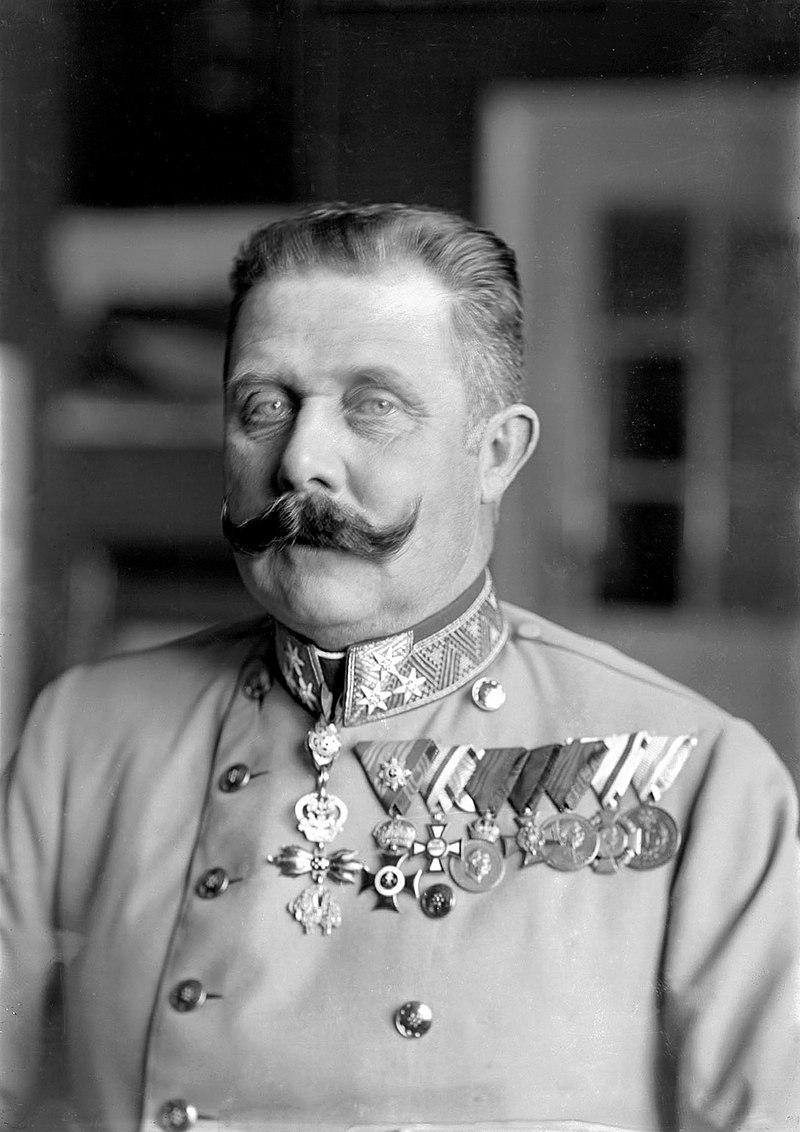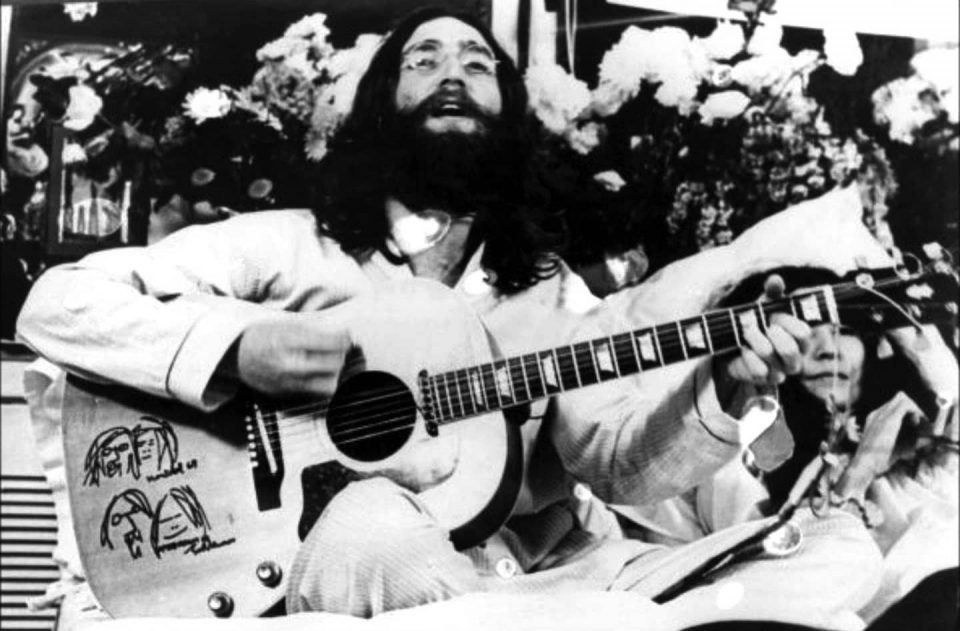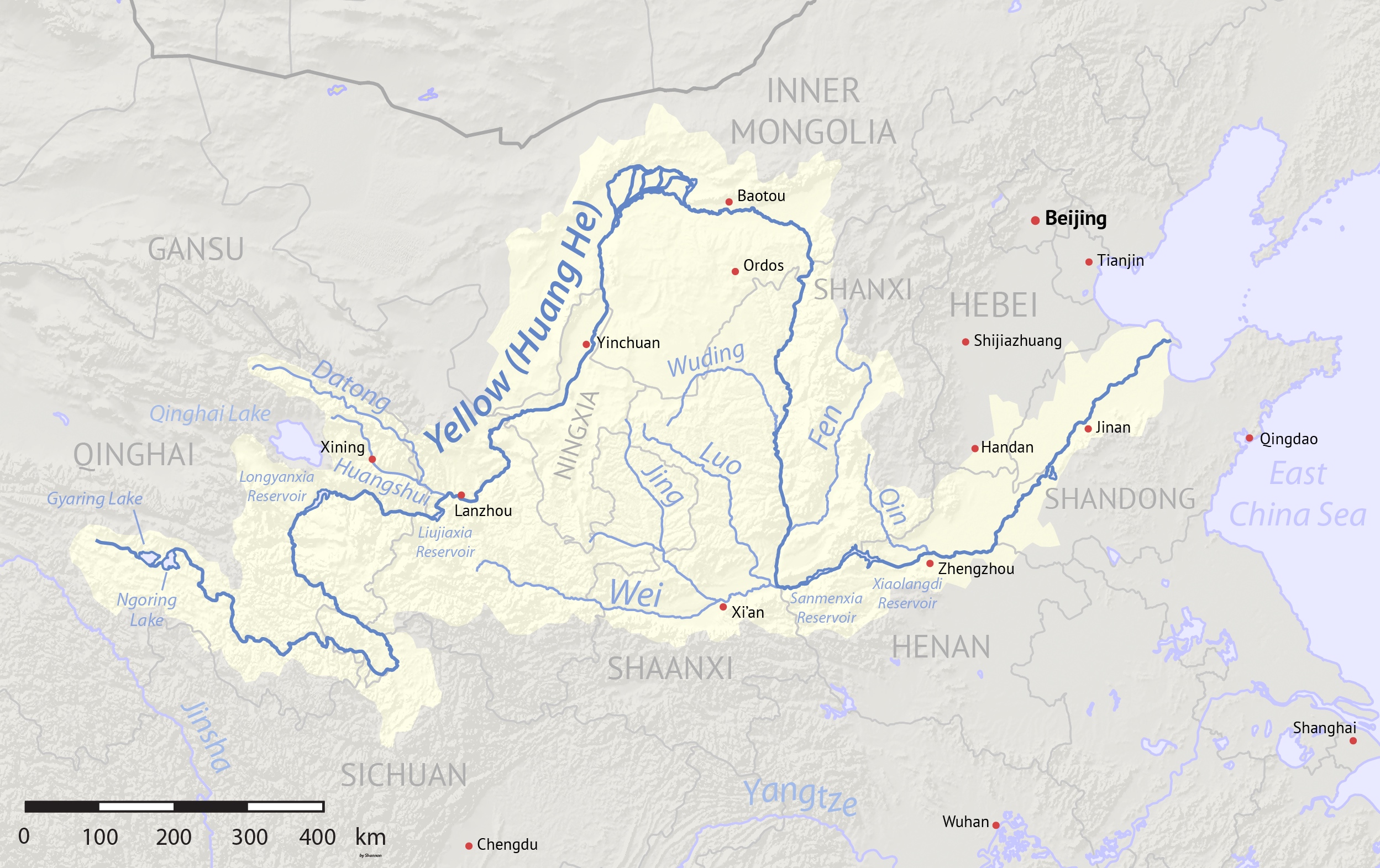Archduke Franz Ferdinand Lives! Book Review

Archduke Franz Ferdinand of Austria
By Ferdinand Schmutzer - Österreichische Nationalbibliothek, Bildarchiv Austria, Inventarnr. LSCH 0029-C, Public Domain, https://commons.wikimedia.org/w/index.php?curid=18361001
Archduke Franz Ferdinand Lives! A World Without World War I
by Richard Ned Lebow
Palgrave MacMillan, 2014
241 pages
ISBN 978-1-137-27853-1
I received this book for free as part of LibraryThing's Early Reviewers program.
As part of my Lenten penance this year, I am choosing to work through my backlog of advance reader copies that I never quite got around to. I have a dozen or so sitting on my library shelves, quietly gathering dust.
This is another case where I have no idea why I haven't read this book yet. It is alternative history, a subject I find interesting enough that there is an entire static page dedicated to it on my site. My first introduction to the the subject was the volume What if? The World's Foremost Historians Imagine What Might Have Been. I think I read it as an undergraduate, and I happened upon John's site shortly thereafter. You see what happens?
Lebow summarizes alternative history thus:
Counterfactualimagine different futures
Lebow takes the position that the Great War was truly an accident of history. It is not only contingent, it wasn't particularly likely. He lists six ways in which he thinks the assassination of Archduke Franz Ferdinand altered what was an otherwise stable European political order:
- The assassination of the Thronfolger created a fear of escalation in the Austro-Hungarian Empire. The political leaders felt they couldn't let this go without encouraging more of the same.
- Franz Joseph and Kaiser Wilhelm were both shocked and offended by an insult to amour propre.
- Franz Ferdinand had been the primary advocate of peace in the Austro-Hungarian Empire.
- Theobald von Bethmann-Hollweg, chancellor of the German Empire, may have been swayed to risk war by the assassination.
- The German Socialist party, the Social Democrats, were so appalled by the assassination that they were willing to throw their support to war to punish Serbia.
- Created an environment in which Kaiser Wilhelm and von Bethmann-Hollweg could feel like they hadn't actually chosen war.
I'm not enough of a specialist to really evaluate Lebow's list. (4) and (6) seem pretty speculative to me, but I'm not familiar with the character of Kaiser Wilhelm and von Bethmann-Hollweg, which is what Lebow says he based this judgment upon. I could buy the other four without too much fuss.
However, whether this historical judgment is correct isn't really the point of the book, in my opinion. We can learn something from alternative history, even if we think the alternative isn't particularly likely. What is interesting about alternative history is the attempt to understand the mechanics by which history unfolds, which is important in shaping what we choose to do.
Lebow has chosen a somewhat unusual point of departure for his alternative history. WWII is a much more common point of departure for alternative history. As it happens, John J. Reilly chose to investigate what might have happened if the Germans had won the Great War. Lebow went for something far more bold: let us posit that the Great War never happened, and peace really did have a chance. What might have followed?

Peace never had a chance in our timeline
Lebow follows this down two paths: the best and worst plausible worlds given his departure from history were true.
Lebow's Best Plausible World
- The British and Austro-Hungarian Empires survive, but the Russian Empire does not
- Germany's early lead in science and technology is maintained
- Europe remains the center of gravity of the world, but is closely pursued in most economic measures by the United States and Japan
- Israel is never created
- The rest of the Middle East develops in much the same way as Lebanon in the historical world
This is a more peaceful and multipolar world, but it does have some downsides. Mostly in absence of the many technologies that were created as part of the war efforts in both world wars. It is also less dynamic, staying much the same through the end of the twentieth century as it was in the 1950s.
Lebow's Worst Plausible World
- The British and Austro-Hungarian Empires survive, but the Russian Empire does not
- Germany's early lead in science and technology is maintained
- Europe remains the center of gravity of the world, but is closely pursued in most economic measures by the United States and Japan
- Israel is never created
- The rest of the Middle East develops in much the same way as Lebanon in the historical world
If that list looks the same, that is because it is. Lebow's worst possible world is very much like his best, with the difference that the culture evolves in unpleasant ways. The Germans become more militaristic, the United States becomes more isolationist, and the Russians more paranoid.
In this worst possible world, all of the least pleasant features of the countries mentioned are exaggerated, and eventually Cold War between the German and British Empires turns hot. A nuclear exchange follows a breakdown in communication created by a false alarm.

Lebow's Worst World
I didn't find Lebow's alternative worlds particularly compelling, or plausible, even given his premise that preventing the death of Archduke Franz Ferdinand could have completely prevented the Great War. Our models of history are just too different. This passage in the final chapter sums that difference up:
In an earlier collaborative study of the phenomenal rise of the West in the modern era, my colleagues and I argued that it had many causes, most of them contingent. The same can be said about China's cultural, military, and scientific superiority for almost two millennia. Above all it depended on the creation and maintenance of central authority over a vast land area and population. Nothing was inevitable about this development, and in its absence the landmass we call China would have developed into different political units with different languages.

Map of the Yellow River, whose watershed covers most of northern China and drains to the Yellow Sea
By Shannon1 [GFDL (http://www.gnu.org/copyleft/fdl.html) or CC BY-SA 4.0-3.0-2.5-2.0-1.0 (https://creativecommons.org/licenses/by-sa/4.0-3.0-2.5-2.0-1.0)], via Wikimedia Commons
Everything about the creation of a central authority in the valley of the Yellow River was inevitable. It has now happened three times in the same place, with a remarkable continuity of culture and language. That is as close as we get to inevitable in history. Demography and geography and social dynamics all align to make this happen.
Lebow isn't really interested in these things, and it shows in the kind of worlds he imagines. Lebanon was different than the rest of the Middle East because the Lebanese, Maronite Catholics, were different. Less inbred, and less clannish, which are closely related things, the Lebanese were relatively Westernized and prosperous. Most of the rest of the Middle East lacks the human capital to do that. Banning cousin marriage could help fix both things, but it is unlikely to happen.
The other thing that rang false to me is the Whiggish stance that art would suffer under authoritarianism in the worst world. There have been many, many great artists in regimes that were authoritarian, and even in worse ones. As John Reilly noted in his own alternative history speculation about World War I, Weimar culture, which Lebow praises, and Nazi culture, which he does not, were the same artistic culture. The Nazis made some visually arresting art, in pursuit of horrible ends.
The one thing I truly appreciated was Lebow's attempt to make sense of what the Spanish Civil War would have looked like in the absence of its major outside sponsors in our world. It definitely would have still happened, everybody in Spain hated each other, but it might have had fewer repercussions elsewhere.
In the end, it looks like my reluctance to pick this book up was justified. Memento mori!



Comments ()